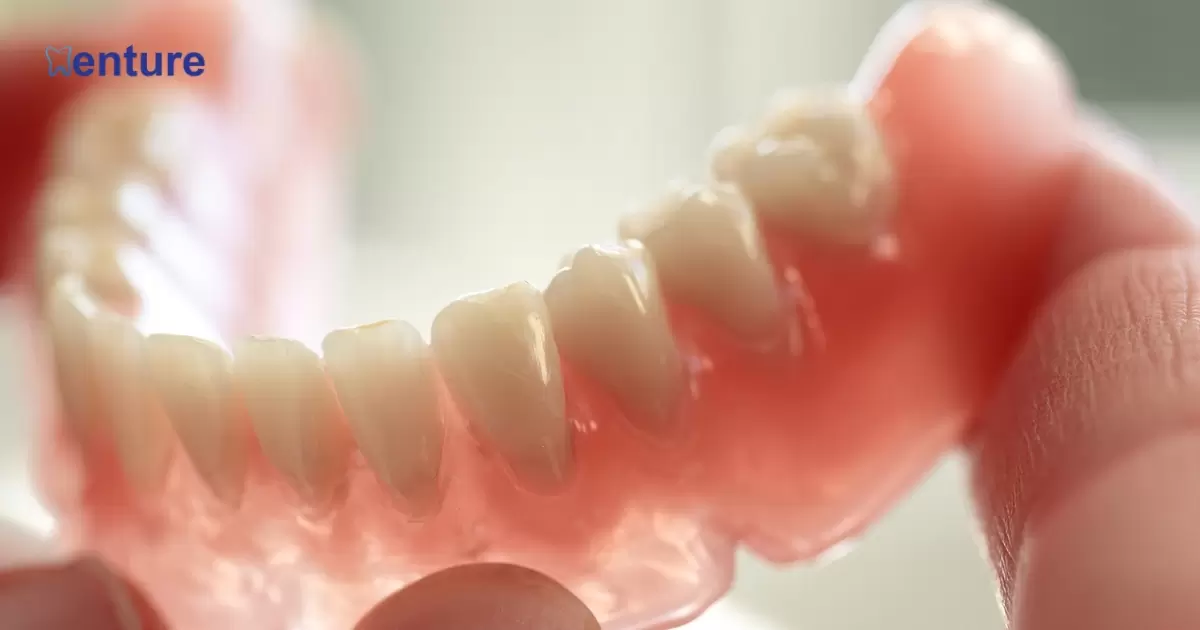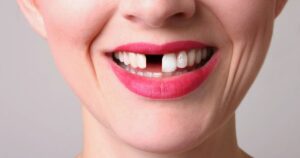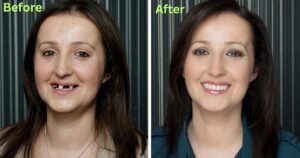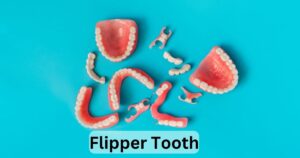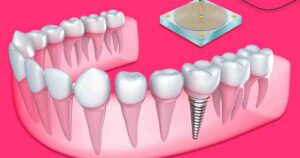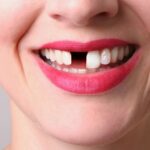A denture arch is a set of artificial teeth that replace missing natural teeth. Denture arches are custom-made to fit a person’s mouth and can be full (replacing all teeth) or partial (replacing some teeth). They help with eating, speaking, and maintaining facial structure.
What Is A Denture Arch? A denture arch is like a magic wand for your missing teeth, giving you back your grin and the confidence to share it. Whether you’ve lost a few or all of your pearly whites, denture arches are here to restore your sparkling smile, making eating, speaking, and even selfies a breeze.
Now that you’ve glimpsed the world of denture arches, it’s time to take the next step. If you’re missing teeth or exploring options to enhance your smile, don’t hesitate to reach out to a dentist. They can provide you with all the details and guidance you need to make an informed decision.
Full Arch Dentures
Full arch dentures are a complete set of artificial teeth designed to replace all the natural teeth in either the upper or lower jaw. They are custom-made to fit a person’s mouth and provide essential functions like chewing, speaking, and maintaining facial structure. Full arch dentures can be made from various materials, including acrylic or porcelain, and they are removable for cleaning and maintenance.
These dentures are an excellent solution for individuals who have lost all their teeth in one arch due to injury, decay, or other dental issues. Full arch dentures not only restore the ability to eat and speak but also give people a confident smile, improving their overall quality of life.
| Denture Type | Description |
| Full Arch Dentures | Complete set of artificial teeth replacing all natural teeth in either the upper or lower jaw. |
| Single Arch Denture | A dental prosthetic designed to replace all the missing teeth in one arch of the mouth. |
| Upper Arch | Replaces teeth in the upper jaw. |
| Lower Arch | Replaces teeth in the lower jaw. |
| Partial Denture Arch | Replaces only some missing teeth. |
| Implant Supported Dentures | Secured in place by dental implants, offering stability and a stronger bite force. |
Why A Full Arch Denture?
A full arch denture, often called a complete denture, is a removable dental appliance that replaces all the teeth in one of your dental arches, either the upper or lower. People opt for full arch dentures when they’ve lost all their teeth in a specific arch, providing a complete set of artificial teeth. The bottom dentures look like natural teeth and are designed to restore functionality and aesthetics to your smile.
The decision to choose a full arch denture is based on the individual’s unique dental situation. Whether due to aging, decay, gum disease, or other factors, when most or all teeth in one arch are lost, a full arch denture can be the ideal solution.
Alternatives to Denture Arches
When denture arches aren’t the right fit, there are alternative options to explore. One popular choice is dental implants, which are surgically placed in the jawbone to anchor individual replacement teeth securely. Another option is dental bridges, where false teeth are held in place by crowns on adjacent teeth.
In addition, there’s the choice of dental crowns, which are individual caps that cover damaged or missing teeth. These alternatives provide a range of solutions, so it’s essential to consult with a dentist to determine the best option for your specific needs and smile goals.
Implant Supported Dentures
Implant supported dentures are a remarkable solution for individuals with missing teeth. Unlike traditional dentures that rely solely on suction and adhesives, implant supported dentures are secured in place by dental implants.
One of the key advantages of implant supported dentures is their stability. They allow for a stronger bite force, making it easier to enjoy a wide range of foods. Additionally, they prevent bone loss in the jaw, which is common with traditional dentures.
The Cons of Full Arch Dentures
Full arch dentures, while providing a solution for missing teeth, come with some drawbacks. First, they can be uncomfortable initially and might require adjustments to fit properly. Eating certain foods can also be a challenge, as full arch dentures may not offer the same biting strength as natural teeth.
Another downside is the potential for sore spots and irritation in the mouth due to denture friction. Maintenance is essential, as dentures per arch require regular cleaning to prevent oral health issues.
Denture Resorption
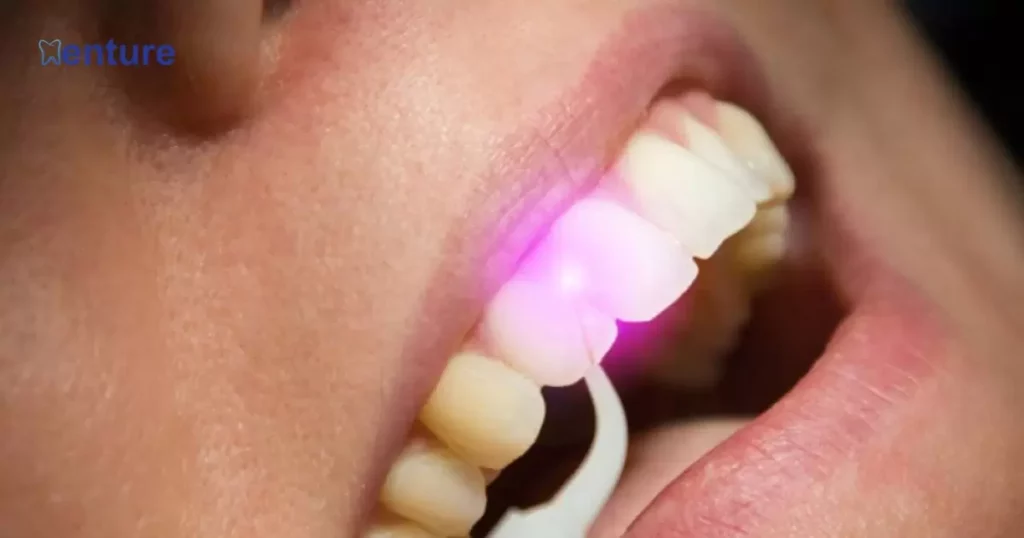
Denture resorption is a common issue for people who wear dentures. It happens when the jawbone gradually shrinks over time due to the absence of natural teeth. As the jawbone resorbs, the denture that once fits snugly can become loose and uncomfortable.
Regular dental check-ups are crucial to monitor denture fit and jawbone health. Denture adjustments or even a new set may be necessary to address resorption and ensure a comfortable, well-fitting smile.
How Much Do Full Arch Dentures Cost?
Full arch dentures can vary in cost depending on several factors. On average, you can expect to pay between $1,000 and $3,000 for a basic set of full arch dentures. However, the price can go up significantly if you opt for premium materials or additional features like implant-supported dentures.
Dental insurance may help cover some of the expenses, but not all plans provide comprehensive coverage for dentures. It’s wise to check your insurance policy and inquire about any potential financial assistance or payment plans offered by your dentist.
What Is A Single Arch Denture?
A single arch denture is a dental prosthetic designed to replace all the missing teeth in just one arch of your mouth, either the upper or lower jaw. This means it replaces all the teeth on the top or the bottom, not both.
These dentures can be made from various materials, including acrylic or a combination of acrylic and metal, ensuring durability and stability. They are designed to fit snugly over your gums and can be easily removed for cleaning and maintenance.
How Many Arches In Dentures?
In dentures, there are typically two types of arches: the upper arch and the lower arch. The upper arch, also known as the maxillary arch, replaces the missing teeth in the upper jaw. The lower arch, or mandibular arch, does the same for the lower jaw.
It’s crucial to consult with a dentist to assess your specific dental needs and decide whether you require one or both arches in your dentures. They will consider factors such as the number of missing teeth, your oral health, and your personal preferences to ensure you get the best solution for your smile.
FAQ’s
How many types of denture arches are there?
Denture arches come in two main types: the upper arch, which replaces teeth in the upper jaw, and the lower arch, which replaces teeth in the lower jaw.
Are denture arches removable?
Yes, denture arches are typically removable and can be taken out for cleaning and maintenance.
What’s the difference between full and partial denture arches?
A full denture arch replaces all the teeth in the upper or lower jaw, while a partial denture arch replaces only some missing teeth.
Conclusion
The concept of a denture arch is the key to regaining a confident and complete smile. Denture arches come in two forms: the upper arch for the upper jaw and the lower arch for the lower jaw. Whether you need full dentures to replace all your teeth or partial dentures for specific gaps, consulting with a dentist is vital.
They will tailor a solution that suits your unique dental needs and preferences, ensuring that your dentures per arch stay in optimal condition. It’s essential to maintain your denture arch through regular cleaning, nightly removal, and routine dental check-ups.
